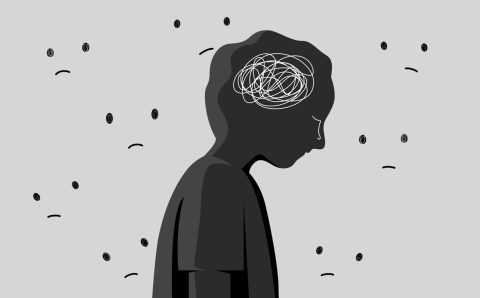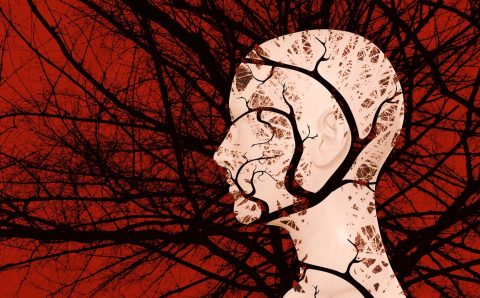Resources: Continuing Education for Behavioral Health Professionals
January 24, 2021 2021-02-03 9:04Resources: Continuing Education for Behavioral Health Professionals
Continuing education for behavioral health professionals
We've compiled resources to help social workers and mental health counselors navigate your licensing requirements and how to get the most out of your continuing education
New York State
Social Workers
The Self-Directed Clinician
The concept of the self-directed[1] clinician embodies a practitioner who takes an active and autonomous approach to their professional development, continuously seeking growth, improvement, and adaptability within the dynamic landscape of healthcare. This clinician embraces a proactive role in steering their own learning, refining skills, and staying abreast of advancements in their field. Key attributes of the self-directed clinician include: Initiative: A self-directed clinician exhibits a proactive approach to learning, taking the initiative to identify gaps in knowledge or skills and seeking out opportunities for improvement.[2] This may involve pursuing additional education, attending relevant conferences, or engaging in self-directed research. Several clinicians at the SWEET Institute exemplify this dedication. They not only attend regular seminars at SWEET but also proactively request courses to fill any knowledge gaps they wish to bridge or skills they aspire to master. Reflective Practice: “Quod non habemus dare non possumus, et quanto plus habemus, tanto plus dare possumus,” translates to “We cannot give what we don’t have, and the more we have, the more we can give.” Our courses at the SWEET Institute encompass a wide variety of topics within the mental health field. Many of them are experiential, as it often takes hands-on practice …
New York State
Mental Health Counselors
The Self-Directed Clinician
The concept of the self-directed[1] clinician embodies a practitioner who takes an active and autonomous approach to their professional development, continuously seeking growth, improvement, and adaptability within the dynamic landscape of healthcare. This clinician embraces a proactive role in steering their own learning, refining skills, and staying abreast of advancements in their field. Key attributes of the self-directed clinician include: Initiative: A self-directed clinician exhibits a proactive approach to learning, taking the initiative to identify gaps in knowledge or skills and seeking out opportunities for improvement.[2] This may involve pursuing additional education, attending relevant conferences, or engaging in self-directed research. Several clinicians at the SWEET Institute exemplify this dedication. They not only attend regular seminars at SWEET but also proactively request courses to fill any knowledge gaps they wish to bridge or skills they aspire to master. Reflective Practice: “Quod non habemus dare non possumus, et quanto plus habemus, tanto plus dare possumus,” translates to “We cannot give what we don’t have, and the more we have, the more we can give.” Our courses at the SWEET Institute encompass a wide variety of topics within the mental health field. Many of them are experiential, as it often takes hands-on practice …









